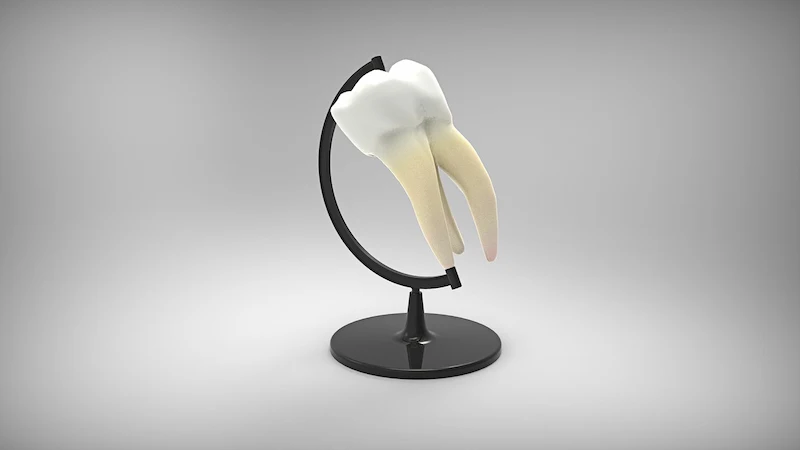Table of Contents
The choice between dentures and dental implants is a significant decision for anyone who has experienced tooth loss. While both options aim to restore function and aesthetics to the mouth, they offer different benefits, costs, and care requirements. Understanding these differences can help you make an informed choice that meets your oral health needs and lifestyle.
Understanding Dentures
Dentures are detachable devices created to substitute for missing teeth. They can be either complete or partial, depending on how many natural teeth remain in the mouth. Complete dentures are used when all teeth are gone, while partial dentures fill in gaps when some natural teeth are still present.
One of the most significant advantages of dentures is their affordability. They typically cost less than dental implants, making them a popular choice for individuals on a budget. Furthermore, dentures can be fitted and adjusted relatively quickly by professionals, allowing patients to regain their smiles and functionality promptly.
Types of Dentures
There are several types of dentures available, each designed to meet specific dental needs. Complete dentures are ideal for individuals who have lost all of their teeth, providing full coverage and support across the gums for optimal function. For those who still have some natural teeth, partial dentures offer a great option, filling gaps while allowing the retention of existing teeth. Implant-supported dentures, on the other hand, combine the stability of implants with the traditional structure of dentures, providing enhanced comfort and durability. It’s essential to consult with local professionals, such as denturists in Spokane, who can assess your dental needs and guide you in choosing the best solution tailored to your lifestyle and budget. With the right denture type, you can regain confidence in your smile and improve your overall oral health.
Exploring Dental Implants
Dental implants are a different approach to tooth replacement. Rather than being removable, implants are surgically inserted into the jawbone to serve as artificial tooth roots. A crown is then placed on top of the implant, mimicking the look and function of a natural tooth.
One of the most critical benefits of dental implants is their permanence. Unlike dentures, which can shift or require adhesive, implants integrate with the jawbone and offer unparalleled stability. They function similarly to natural teeth, providing a secure bite for chewing and speaking.
The Surgical Procedure
The process for getting dental implants is more involved than for dentures. It usually requires multiple appointments and can take several months to complete, with the healing period varying for each patient.
The procedure begins with the implantation of a titanium post into the jawbone, followed by a healing period during which the post fuses with the bone. After healing, the crown is placed, completing the process. This level of involvement can make dental implants a less appealing option for individuals who prefer quicker solutions.
Costs of Dentures vs. Implants
Understanding the cost of each option is crucial in making a decision. Dentures typically range from $300 to $2,500 per plate, while the total cost of dental implants can range from $3,000 to $6,000 per implant, which usually includes the post, crown, and any necessary procedures.
While dentures may have lower upfront costs, dental implants can prove to be more economical over time. Their longevity means that, with proper care, they can last a lifetime, leading to savings on replacements or repairs required for dentures.
Maintenance and Care

The care regimen for dentures and implants differs significantly. Dentures require daily cleaning and soaking to maintain hygiene. They also need to be periodically adjusted to fit as the shape of the jaw may change over time.
Conversely, dental implants require the same care as natural teeth, including regular brushing and flossing. They do not need to be removed for cleaning, making them more convenient for many users.
Both dentures and dental implants offer viable solutions for tooth replacement, each with unique advantages and drawbacks. Dentures tend to be more cost-effective and immediate, while dental implants provide long-term benefits and stability. Weighing these factors alongside consultation from local experts will help you make the right decision for your oral health and lifestyle.
Want to explore something different? How to Easily Find High-end Leather Products

